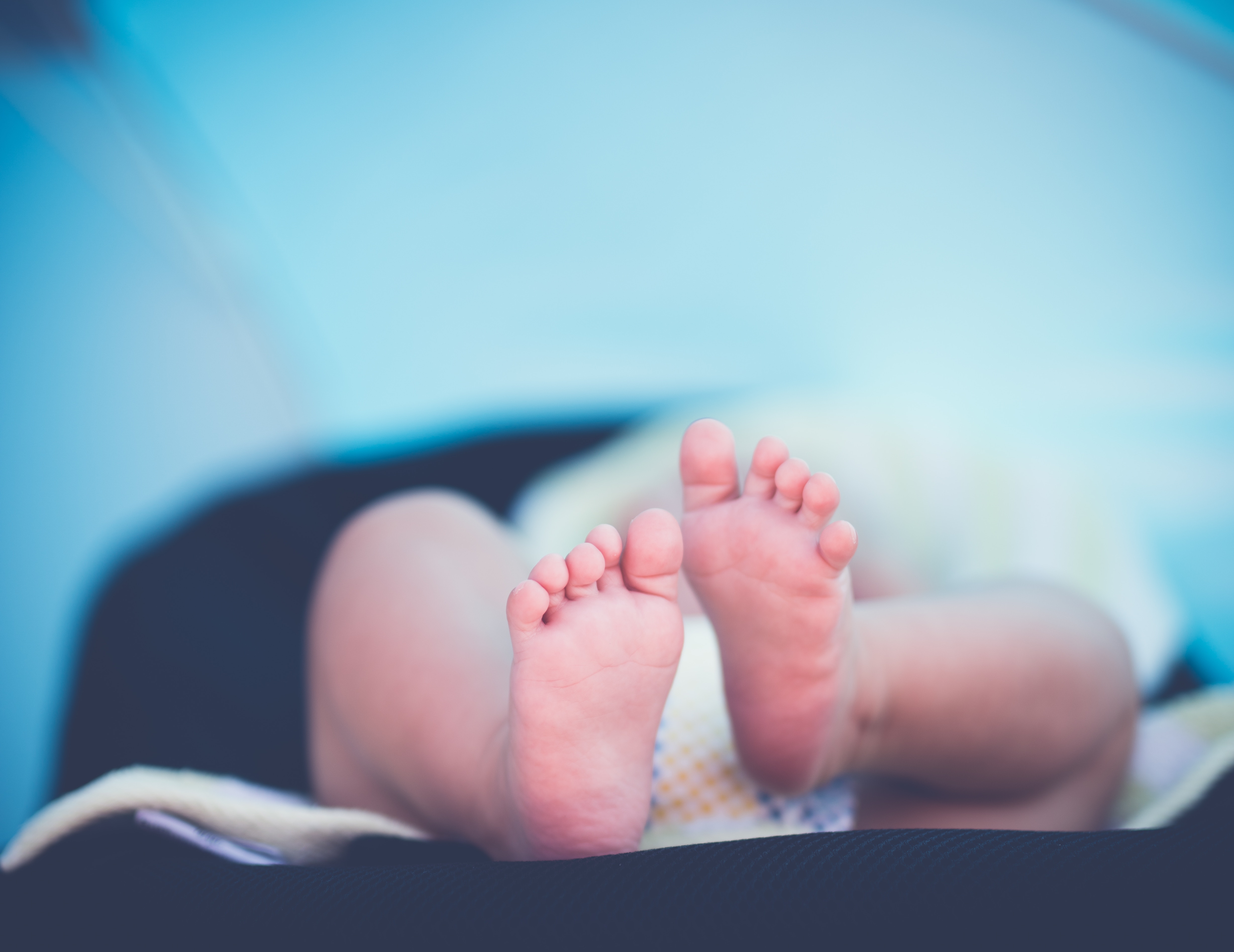You’re ready to welcome a new life into your family and try for a baby. You probably already know that bringing a child into the world, though hugely rewarding, isn’t cheap. Of course, you shouldn’t let money worries put you off parenthood. But it’s still important to be clearheaded about the cost of having a baby and the implications for your finances.
Recent research consistently puts the total expense of raising a child to adulthood well over £200,000 – a number that just keeps increasing. Well, we can’t hope to give a detailed breakdown of two decades of child-rearing. But we can give you an idea of the changes you’re likely to make before the baby’s arrival and in your first year or so as a parent.
Read on for our list of things to consider when planning a pregnancy. We’ve got tips to help make becoming a parent the joy it should be.
What's Included?
What’s the cost of having a baby?
The simple answer is, sadly, that there is no simple answer. For a ballpark figure, one recent survey by myvouchercodes.co.uk placed the figure around £500 in just the first few weeks. Almost half of that was spent on clothes, with another £180 covering toys and play-things, over £50 on feeding equipment, and around £25 on nappies.
And that’s not even considering other outlays. From pregnancy clothes to kitting out a nursery, from childcare to life insurance, the cost of having a baby can run high indeed.
What’s more, prospective parents shouldn’t underestimate the effect having a child can have on their own lifestyles. You might find yourself eating more pricey, healthy food on the one hand, or cutting out expensive vices on the other – all to spend as much time with your child as possible.
Pregnancy and Before
Maternity and Paternity Leave
Taking time away from work can affect your financial situation. Even though mothers-to-be are entitled to the same pay (including rises!) and holiday benefits they had while in work, it can be easy to let your finances spiral out of control. Avoid this by rigorously planning your maternity leave at the outset of your pregnancy. Consider how long you’ll be off for, what pay you’re entitled to, and so on.
You should also remember that fathers-to-be can claim up to two weeks’ paid leave in paternity pay. Not only this, but you can also get paid time off for two antenatal appointments.
If you keep your budget under control, you’ll find it easier to take on the challenges and responsibilities of pregnancy and parenthood. This way you can focus on your new baby, without distraction from financial worries.
Getting Ready for Your New Arrival
As the reality of having a child starts to sink in, most parents experience a Bridget-Jones-style frazzle. Pushchairs, car seats, cots, clothes … How can we find the money for all this?!
Once again, the best advice is to keep calm and plan ahead. The cost of having a baby can be managed with proper budgeting. One especially good tip is to spread out big purchases up to several months before your little one arrives. It’s a lot easier to fit a new pram into your budget when you have three months to do it.
At the same time, you should be aware that you can save money (and stress!) by buying some things in bulk. If you’re kitting out a brand-new nursery, for instance, you can keep spending low by buying one big set. Bespoke individual items are usually more expensive.
You should also avoid over-preparing. You can sort out many things as your child grows to need them. Many items bought before birth never get used anyway! Worrying too much about what to buy can distract from the joy of becoming a parent.
What to Wear?
Pregnancy can change your body in remarkable ways, and you’ll need a wardrobe for every stage. Comfort is paramount here, but you shouldn’t fall into the trap of buying all brand-name items. Shop around and you’ll find you don’t need to go designer to get through a pregnancy with ease and in style. One good tip is to simply go a size or two up in the sort of clothes you feel comfortable in already.
The same goes when shopping for your little one. Even better, you can cut the cost of having a baby by seeking out hand-me-downs. You can find second-hand items at bargain rates on sites like eBay or even at a local garage sale. And if you have friends or family whose kids have outgrown their own clothes, you can get these things for free!
Birth and Early Years
Childcare
Now we come to the biggest catch-22 cost of having a baby: childcare. Should you or your partner take time off to look after your child? Reduce your hours to part-time? Should you even stop working? Or should you return to work full-time and shoulder the burden of alternative childcare?
There’s no right answer to this. Every family will have their own preferences and beliefs, and everyone’s financial situation will be different. The most important thing here is to assess your options with a sober eye and make the choice that’s right for you and your baby. This means plenty of research and planning ahead of time – the last thing any new parent needs is to feel backed into a financial corner.
General Tips
As always with money matters, the best way to prepare for the cost of having a baby is to budget carefully. Get started early and plan your spending as much as you can, and you’ll find everything else much easier.
It’s also always important to seek advice. Talk to other parents, whether in person or on forums, and make use of online tools to stay as informed as possible. You can check out baby cost calculators, for example, which you can test against your budget. Plus, Amazon’s Kindle offers a lot of parenting advice texts for free.
While you’re online, you should also keep an eye out for bargains wherever you can. Many companies such as Boots and Mothercare offer discounts to new parents, and you can save a lot over time by signing up to one of these schemes.
Finally, you should check what direct assistance you could be entitled to. The government provides Child Benefit to anyone responsible for one or more children – and even if you choose not to take the financial assistance, registering your child can gain you National Insurance credits. What’s more, the law entitles all new parents to free prescriptions and dental care on the NHS for the first year of their child’s life. Talk to your doctors and nurses to make sure you don’t miss out!
With all this information, we hope you feel more prepared for the cost of having a baby. It’s a big decision – maybe the biggest you’ll ever make. But becoming a parent is hugely rewarding. And if you plan carefully, it can also be as financially painless as possible.
Credibble offers two fabulous solutions
If you’re preparing to take a mortgage, never apply until you’ve tried our unique and FREE Credibble Home app. Our smart technology will tell you what you need to fix so you avoid rejection. The app predicts when you will be able to buy, for how much and tracks your month-by-month progress to mortgage success. We’ve even added your own mortgage broker, so you get the best deals available.
More focused on your credit rating? Well, get started for free with Credibble’s 24- Factor Credit Check to truly help you improve your creditworthiness and how lenders view you. (Remember: lenders don’t use your credit score! We’ll show you what lenders look for and how to get your credit report in the best shape possible).
Last updated by Robert Edwards, May 2022









